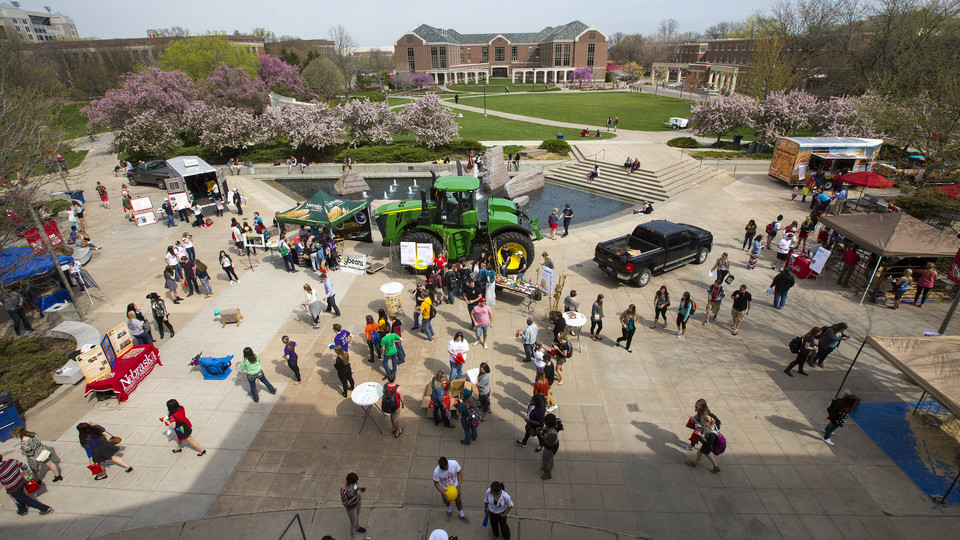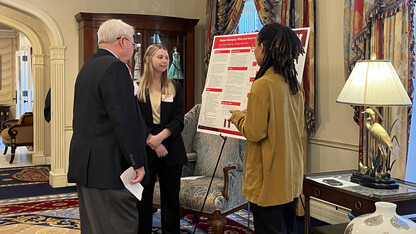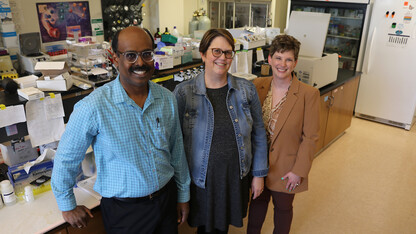· 2 min read
Study details retail trends across Nebraska

Nebraska’s retail activity is shifting toward urban centers according to a new study conducted by the Department of Agricultural Economics at the University of Nebraska–Lincoln.
The study found that population is the largest factor affecting retail activity.
“Retailing is an important sector of the state’s economy and is watched as an indicator of overall economic performance,” said Bruce Johnson, professor emeritus of agricultural economics and a co-author of the study.
Total taxable sales for the state were over $23 billion in 2015.
Using data from the Nebraska Department of Revenue, the study investigates retailing activity and trends at different spatial scales from 1990 to 2015. The report contains data on taxable sales volume for every Nebraska municipality in the last quarter century.
“Rising unemployment and income stagnation, which reduced buying power and uncertainty among consumers, during the most recent recession years slowed the growth of the retail sector significantly,” said Anil Giri, assistant professor of biology and agriculture at the University of Central Missouri and co-author of the study.
Despite the recession, metropolitan areas saw a slight increase in retail dollar volume between 2005 and 2010. The study also found that the higher performing retail centers across the state almost always use the local options sales tax as a means of revenue generation for the municipality.
Recession impacts did not appear to be uniform across the city size classes of Nebraska communities. The smallest class of towns of less than 500 people saw an increase in retail. This could be attributed to basic inelastic goods and services that people need regardless of the economic situation.
The full report is available online.







